Dowry is a Curse: Debunking the Myth of Dowry in Islam
Dowry, a practice deeply entrenched in many cultures, has often been associated with negative consequences such as financial burden, gender inequality, and marital discord. However, it is crucial to dispel the misconception that dowry has any basis in Islamic teachings. Islam categorically rejects the concept of dowry is a curse and emphasizes principles of justice, equality, and compassion in marital relationships.
First and foremost, it is important to understand the essence of Islamic marriage. In Islam, marriage is regarded as a sacred bond between two individuals based on mutual respect, love, and commitment. The Quran, and how could you take it while you have gone in unto each other and they have taken from you a solemn covenant? (Quran 4:21) And of His signs is that He created for you from yourselves mates that you may find tranquility in them, and He placed between you affection and mercy. Indeed those are signs for people who give thought. (Quran 30:21).
Contrary to popular belief, Islam does not endorse the practice of dowry. Instead, Islam prescribes the concept of “mahr,” which is a mandatory gift from the groom to the bride as a symbol of his commitment and financial responsibility towards her. Mahr, often misconstrued as dowry, is a right of the bride and serves to ensure her financial security and dignity within the marriage.
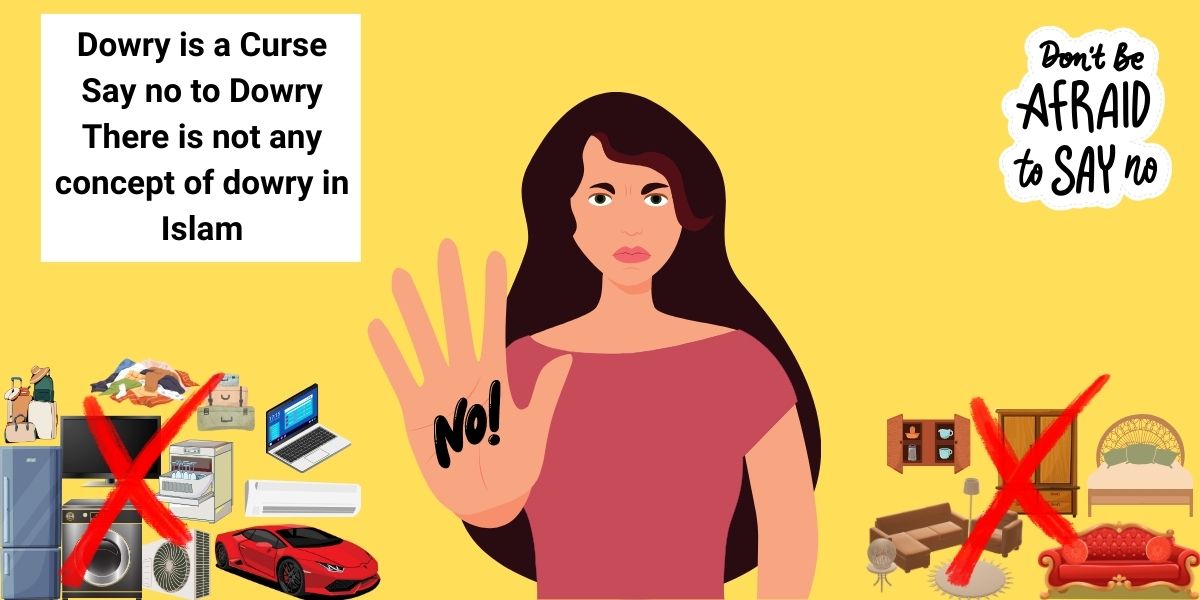
“Dowry an archaic custom turned into a modern-day curse,
shackling hearts with chains of greed and inequality”
The Quran explicitly mentions the importance of mahr and emphasizes its significance in ensuring the welfare of the bride. In Surah An-Nisa (4:4), it states: “And give the women [upon marriage] their [bridal] gifts graciously. But if they give up willingly to you anything of it, then take it in satisfaction and ease.”
Unlike dowry, which is often a demand made by the groom’s family, mahr is agreed upon by both parties with mutual consent and is determined based on the financial means of the groom. It is not meant to be a transaction or a price paid for the bride but rather a symbol of love, commitment, and respect.
Furthermore, Islam condemns any form of financial exploitation or coercion in marriage. The Prophet Muhammad (peace be upon him) emphasized the importance of simplicity and moderation in marriage arrangements, discouraging extravagant spending and materialism. ‘A’isha reported the Prophet as saying, “The marriage which produces the most blessing is that which involves the least burden.”
Moreover, Islam upholds the principles of gender equality and justice in all aspects of life, including marriage. The Quran states: “And among His Signs is this, that He created for you mates from among yourselves, that ye may dwell in tranquility with them, and He has put love and mercy between your (hearts)” (Quran 30:21). In Islam, both men and women have rights and responsibilities within the marriage, and neither should be treated as a commodity or subjected to discrimination.
Conclusion:
Dowry is not only incompatible with Islamic teachings but also contradicts the principles of justice, equality, and compassion upheld by Islam. The concept of mahr, as prescribed in Islam, serves to protect the rights and dignity of the bride and promote harmony and mutual respect in marital relationships. Therefore, Muslims must reject the practice of dowry and adhere to the teachings of Islam in all aspects of life, including marriage. Dowry is indeed a curse, but Islam offers a righteous path toward building strong and harmonious marital bonds based on love, respect, and equality.

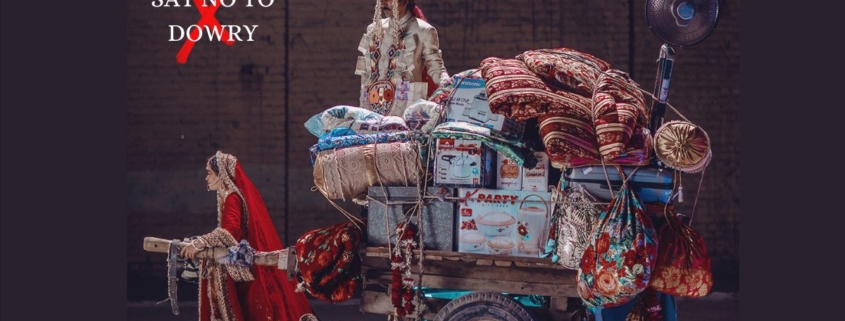
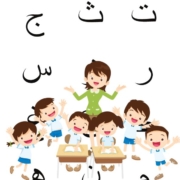
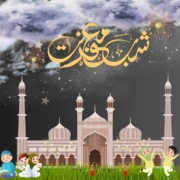

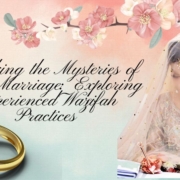
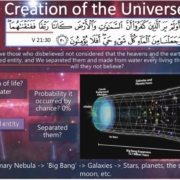

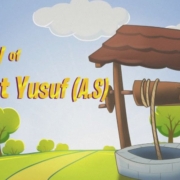



Leave a Reply
Want to join the discussion?Feel free to contribute!